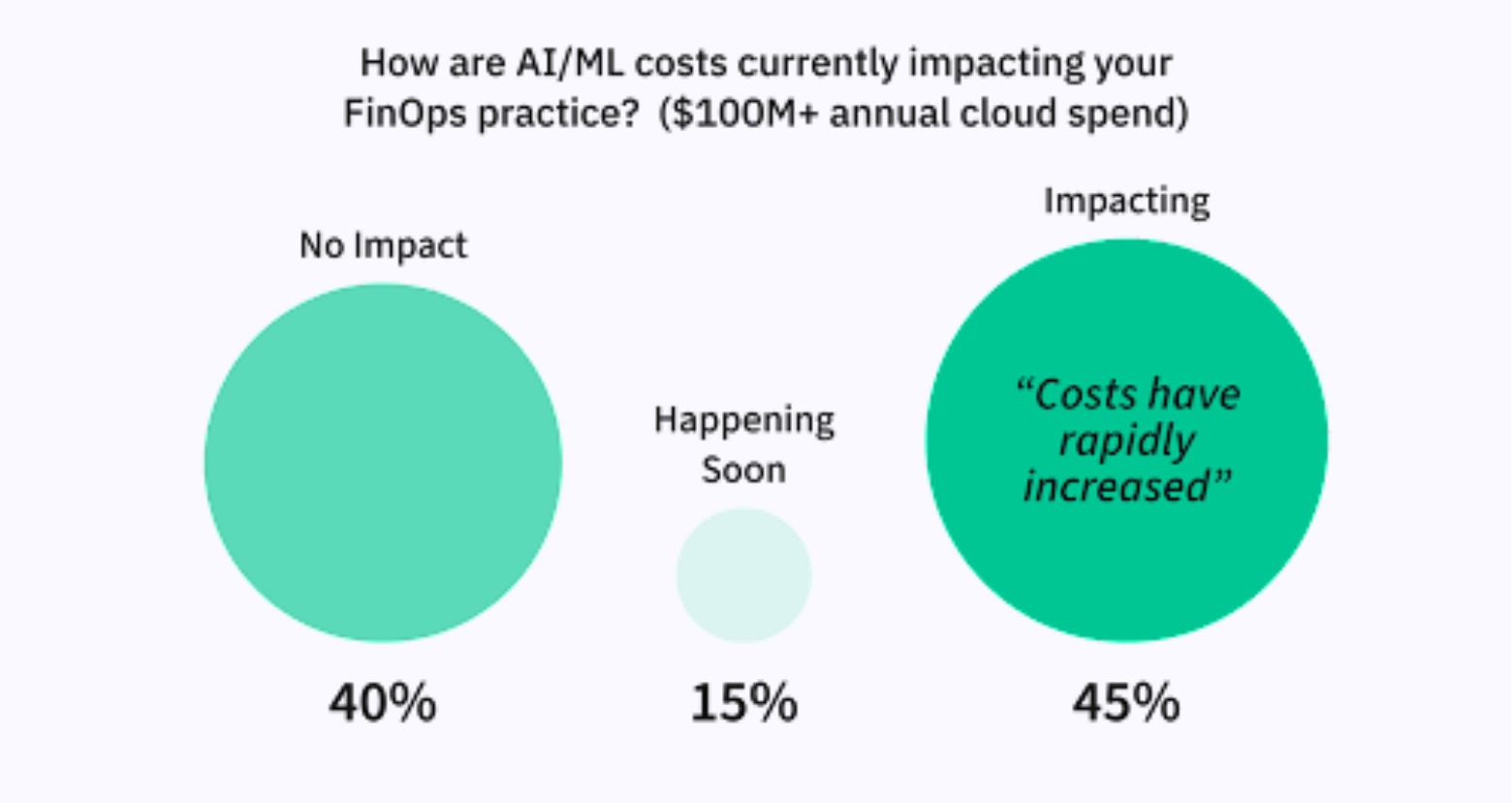Over the last few decades, cloud computing has improved the digital world in profound ways. With immediate access to a greater number of resources and tools, cloud computing allows users to pursue goals once too complicated or involved. And now, as cloud storage providers refine their platforms to business needs, companies can capitalize on cloud computing’s advancements, too.
Across the globe, regardless of language, industry or size, businesses face a similar set of problems. In particular, high-level employees often ask the same questions: How do I manage my staff?
How do I balance my budgets? Where can I streamline my processes?
It’s ironic– while many businesses are engineered around problem solving for others, few are open to the tools that could help them solve their own problems. Among these tools, cloud storage systems can help businesses improve their efficiencies, communications and organization strategies, solving the questions listed above, along with many others.
Don’t believe me? Here are three business problems that cloud storage providers solve:
You’re home sick and forgot to bring your computer.

Worry no more. Cloud storage platforms allow employees to access, work on and share their files from any device, anywhere and at any Internet speed. With a simple login, users gain access to company documents, all of which are contained in a single cloud storage space. This is a powerful feature for businesses because, even when absence is unanticipated, employees can reach all of the information they need.
This type of unrestricted access makes it easier for employees to collaborate digitally, too. In order to increase work efficiencies, many cloud storage providers have developed notification systems that alert users to when shared documents have edits, comments, uploads, etc. Certain cloud storage platforms even give users the ability to control which employees have access to which documents. Business can create storage teams that mirror their internal structures, assigning team leaders (think heads of staff) that control access to files and documents.
Cloud storage can also help businesses collaborate with their partners. Just as users can control which files are shared and accessed internally, employees can establish a similar external blueprint.
You’re filing systems are out of control, and you’ve run out of extra office space.
One of cloud storage’s biggest advantages is that it takes up no more space than a computer does. But a computer is limited to the space on a hard drive, and cloud storage space can be unlimited. While some storage providers have more storage space than others, all offer more space than a filing cabinet ever could.
Not only is cloud storage space saving, it also offers businesses exciting freedoms that are impossible with manual storage. Many cloud storage providers employ support teams to help users troubleshoot issues in real time. And, because everything is stored online, businesses can use digital searches to more effectively sort through their files. Similarly, there is no fear of losing or throwing away a file with cloud storage. Some cloud storage providers allow users to restore deleted or older versions of files for up to six months.
You’re worried about the safety of your files after important documents go missing
Many have debated cloud storage’s safety, but the truth is that cloud storage is a highly secure option for information storage. And the best cloud storage platforms are those with client-side encryption.
Client-side encryption is particularly important for businesses because it offers users complete control over the encryption process. When a business uses client-side encryption, it gets to choose all passphrase and encryption keys.
Unlike end-to-end encryption, where passwords are stored across digital servers (this feature is one of the main reasons that so many large-scale have been happening), providers with client-side encryption guarantee zero-knowledge privacy. This means that a provider will never know the type, content or even the name of a file stored within their cloud storage space.
For businesses that deal with sensitive information – and most do – this type of security is unrivaled by physical storage systems. So long as a business can trust the employees it’s hired, the best cloud storage systems can alleviate all fears of data hacks or missing files.
Even if all of this sounds great, businesses may still be wondering, can I afford a cloud storage system? While it doesn’t seem possible with all that cloud storage has to offer, most cloud storage systems are affordable.
This pricing is two-fold for businesses. First, considering the number of employees with access to a provider’s resources and tools, cloud storage is a cost-effective solution on an individual user level. And second, cloud storage is a uniquely time-effective solution. For service-based businesses, this feature is particularly important, as time is one of their most valuable resources. But any business can benefit from saving time and funneling paid-hours into ventures more productive than file management.
From security to space, location to sharing, it’s clear that cloud storage is an affordable way to address some of the business world’s more ubiquitous issues. Many cloud storage providers exist to handle business needs, and the best are prepared to not only handle, but to make businesses better.
The question is then, what are businesses waiting for?
By Tunio Zafer





